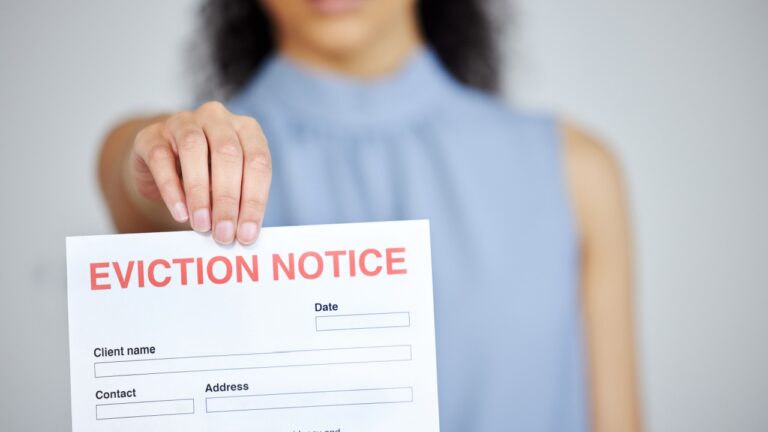6 Reasons to Avoid Buying a Car When You Retire

Most people have an everyday need for a vehicle. It can be tempting when you retire to purchase a new one to get you around, but there are many reasons you likely won’t need one.
That’s not to say you don’t need a car at all. If you’re still driving, you’ll need to be able to get around. It’s just better to save your money and put it toward enjoying your retirement rather than taking on another obligation.
Here are some reasons we found financial experts caution against laying out the money for a new vehicle.
1. You Likely Won’t Drive Much

For many people, retiring means slowing down. You’ll no longer have a daily commute to work, which for most people, is the reason they buy a new car.
If you’re married and already have one vehicle, you won’t need another if both of you are retired. Even if you plan to travel or both of you still drive, unless you have conflicting schedules, downsizing to a single car can be extremely beneficial.
2. It Can Be Expensive

Purchasing a new car these days can be very expensive. They come with all the bells and whistles, which increases the sticker price. If you’re in need of a car, buying a used model for several thousand dollars less is your best bet.
Additionally, if you can, buy the car outright rather than opting for monthly payments. Alternatively, you can lease a vehicle for much less.
3. Plenty of Alternatives

Many areas, unless you live way out in a rural region, have access to public transportation. Busses regularly transport passengers to the supermarket, community centers, and shopping plazas.
Alternatively, if you don’t go out often, you could use a ride-share service. It’s cheaper than owning a vehicle and paying for its gas and upkeep.
4. Financial Constraints

Unless you’ve planned ahead for retirement and maxed out your contribution plans, chances are you’re living on a fixed income. Adding another expense — a car payment, for instance — into your budget can blow it to smithereens.
Don’t place those financial constraints on your budget if you don’t have to. It can mean the difference between enjoying your golden years or stressing through them.
5. Maintenance Costs

Even new cars need maintenance. You’ll need to get regular oil changes and tune-ups to keep your vehicle running smoothly.
Sometimes, though, new cars can turn out to be lemons. While they are covered by warranties and lemon laws, dealing with constant issues can add frustration to your life when you’re supposed to be sitting back and enjoying it.
6. You Have Health Issues

Not everyone who retires is in poor health. In fact, many retirees are in good shape and ready to enjoy the time ahead of them without having to work.
However, if you do suffer from health issues, you may not get to drive your vehicle often. Then, not only do you have an unused asset sitting in the driveway, you are also wasting money.
Should I Lease a Car Instead?

If you absolutely need a vehicle, because perhaps your older one is on its way out and requires repairs often, leasing could be an option. There are several perks to leasing, too.
Only you can make this decision and it’s good to consider some important factors before you do, because there’s a lot more to leasing than just turning in the vehicle when the specified time frame expires.
1. You May Be on the Hook for Additional Expenses

The attraction of leasing is that when you turn the vehicle in, your obligation is over. Or so you think. The reality is the dealer can — and often does — charge for added expenses.
These additional costs could include mileage beyond the agreement, wear and tear on the vehicle, and other expenses hidden in that teeny tiny fine print. Make sure you read the contract thoroughly so you’re not surprised when you turn in the keys.
2. Lower Monthly Payments

Leasing is also attractive because the monthly payments are lower. In fact, you pay a fraction of the cost of what you’d shell out each month for a new car.
While you still have to pay for the upkeep — oil changes and the like — you aren’t saddled with a huge monthly payment. However, you’re still on the hook for an additional expense, so it’s worth weighing your budget to see if you can truly afford it or should explore alternative measures.
3. Driving the Latest Model

If you like to drive the latest models every few years, leasing is a great way to save money. Rather than buy and then trade in a new vehicle, leasing is more hassle-free.
There are no loans to deal with, unless you buy the car, and you can trade it in for the latest upgrade every two to three years.





